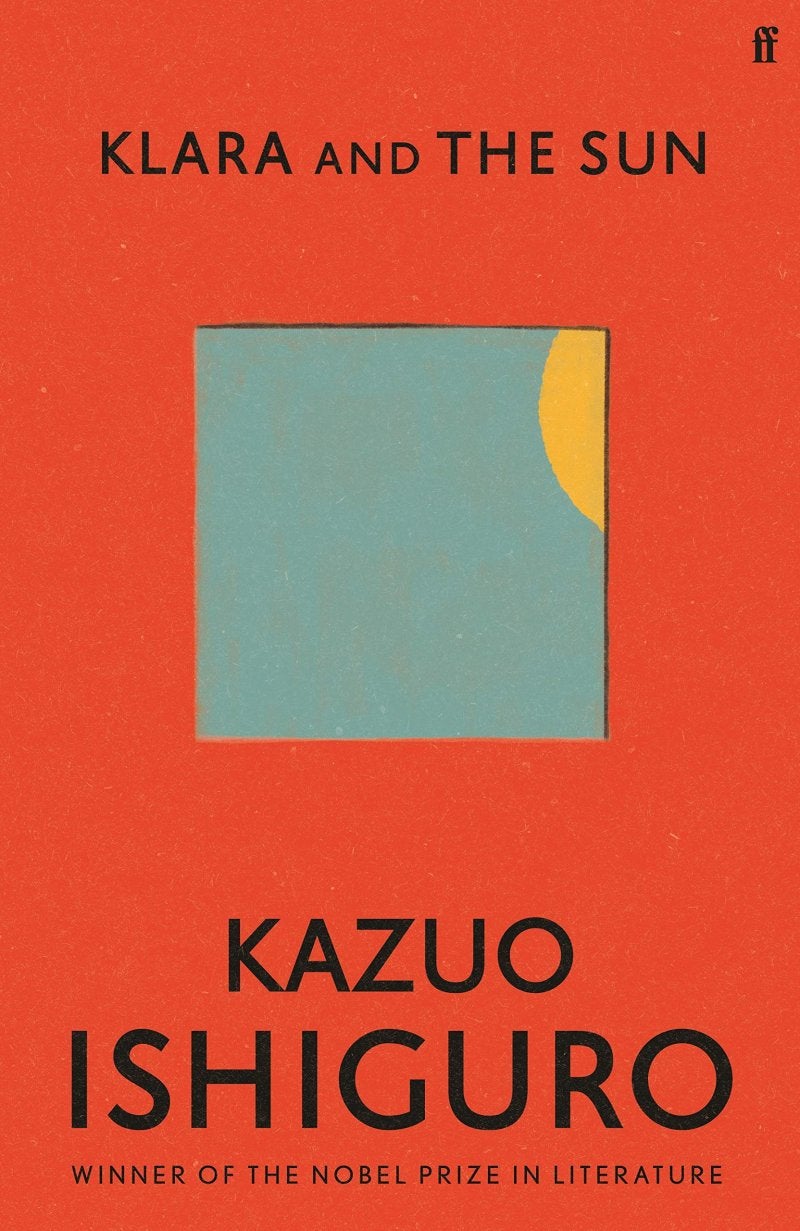Kazuo Ishiguro’s wonderful book Klara and the Sun reminded me a lot of this film. In the book, Klara is an Artificial Friend (or AF) who lives in a shop waiting to be picked by a child. She forms a connection with a girl named Josie, who takes her home to live with her. However, Josie is very ill, and Klara (who is solar-powered) believes that she can convince the Sun to heal her.
There are a lot of details like this that are implied rather than explored fully, which I liked a lot. I found myself building a picture of the world that developed organically as the book went on. It’s a very subtly dystopian, the extent to which we find out as we go on. This impressionistic approach to worldbuilding is one of the book’s real strengths, and is similar to the one other book of Ishiguro’s I’ve read, Never Let Me Go.
However, worldbuilding is nothing without a story to go with it, and Klara and the Sun delivers on that front too. At the start of Klara’s journey, humans are a mystery to her, but as she spends more time around Josie, she begins to understand the complexity and contradictions that make up a person. There is a lot we can learn through viewing ourselves from the outside, just as Klara does in turn.
This is Ishiguro’s first novel since winning the Nobel Prize for Literature, and it shows why he was worthy of the title. Such is his skill is that even in moments of the highest drama, there is a calmness in the way he sets down his words that shows the level of thought and care he puts into his work. It is a sensitive, deeply moving book that explores not only pertinent questions about AI and how we use technology, but also universal themes, such as how we approach our own mortality, and what it means to be human. It’s a rewarding and satisfying read, and I can’t recommend it enough.
Review by Charlie Alcock
Please visit our Facebook page at:

 RSS Feed
RSS Feed
